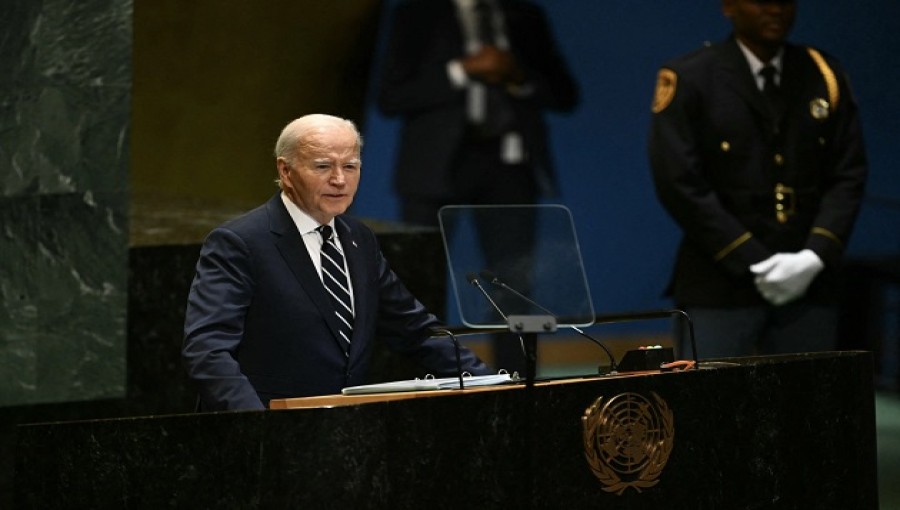Sept 27, V7N - U.S. President Joe Biden faces increasing challenges in the Middle East, particularly in securing a ceasefire in Gaza and navigating the ongoing Israel-Hezbollah conflict, which risks expanding into a broader regional war. Over the past year, Biden has attempted to balance supporting Israel’s right to self-defense with containing civilian casualties and preventing a wider conflict, but these efforts have met significant obstacles.
Israel’s rejection of a U.S.-backed proposal for a truce along the Lebanon border is just one example of the difficulties Biden has encountered in trying to leverage U.S. influence. His administration's attempt to mediate between Israel and Hamas has also failed to achieve a lasting solution, with shifting demands from both sides contributing to the stalemate. Despite multiple diplomatic missions, including Secretary of State Antony Blinken's frequent visits to the region, Israel has pressed ahead with military operations.
Critics argue that Biden’s response to attacks by Iranian-backed groups, such as the Houthis in Yemen, has been slow or insufficient. Meanwhile, Biden’s initial strong support for Israel has raised concerns among some international diplomats about U.S. credibility in the region.
Looking ahead, Biden’s foreign policy legacy may be shaped by how he manages these conflicts in the remaining months of his presidency. Analysts believe the crises will likely persist beyond his term, posing significant challenges for his successor. Despite ongoing efforts to reduce tensions, the region remains volatile, and the situation could impact U.S. domestic politics, particularly among progressive Democrats who have expressed frustration over the administration’s unwavering support for Israel.
END/WD/RH/































Comment: